As I said last week on these pages, Dr. Arthur Nwankwo’s recent essay, “The National Grazing Reserve Bill And Islamization Of Nigeria: Matters Arising” was a case of misdiagnosis which was bound to lead to the wrong prescription. His principal allegation that President Muhammadu Buhari was on a mission to Islamize Nigeria through the enactment of a law that would establish grazing reserves throughout the country and that as a cattle-owning Fulani himself he was also behind recent Fulani/farmers clashes in pursuit of the same goal was mere conjecture. It certainly stood logic on its head.
It was mere conjecture because the president never presented any such bill before the National Assembly. True, there was a public hearing on the issue of herders/farmers violent clashes at the Senate by a joint committee on security and agriculture. This, however, was at the instance of the Senate itself against the background of the most recent clashes. In any case if Nwankwo had any concrete evidence that it was all the president’s handiwork he didn’t present it throughout his over 4000-word essay.
That he stood logic on its head by his accusation should be obvious from the fact that until the man became president, it was an article of faith among President Goodluck Jonathan’s faithfuls, of course Nwankwo himself included, that Boko Haram was the Northern elite’s battle tank for destabilizing or even overthrowing Jonathan. Indeed for Nwankwo it was enough evidence of Buhari’s complicity that Boko Haram once picked him to lead government’s negotiation with the sect for an end to their insurrection. “As a matter of fact, under the Goodluck Jonathan administration,” Nwankwo said, “Boko Haram specifically selected Muhammadu Buhari to lead its negotiations with the Government of Nigeria then.”
For Nwankwo it obviously made no difference that Buhari distanced himself from the sect or that an attempt, with all the hallmark of Boko Haram suicide bombing, was made on his life in broad day light in Kaduna not long after he rejected their suggestion.
Advertisement
Even more importantly, it seemed to make no difference to Nwankwo that it has since become abundantly clear that, regardless of its sponsors, Boko Haram would have been soundly defeated long ago if Jonathan’s military commanders, who no one can accuse of being Boko Haram fifth columnists, had not apparently stolen the resources for fighting the sect with so much impunity.
Now that Buhari has become president and he has brought the sect to heel, the new theory is that Boko Haram has been transforming itself into Fulani herdsmen armed, some, including Nwankwo, believe, by the man himself! Personally I find it hard to understand the logic of why the president would want to destabilize his own administration. But then with people like Nwankwo it is obvious that you are damned if you do and damned if you don’t.
Having misdiagnosed Nigeria’s problem as one of a Northern Muslim elite hell bent on Islamizing Nigeria, he proceeds to prescribe a cure so nondescript that it’s as good as useless. The solution to Nigeria’s problem he says, is not, as the late great Chinua Achebe once famously said, one of good leadership. “I am always amazed at arguments by even those one could describe as educated and enlightened suggesting that Nigeria’s problems can be solely located within the confines of good leadership.”
Advertisement
Instead, Nwankwo says, Nigeria’s central problem is one of structure. “Structural imbalance,” he says, “is at the heart of the Nigerian problem.”
And who else, according to him, are to blame but our former British colonial masters who banged and hammered “strange bed fellows” together into a country where one region alone was more than twice the size of the other regions combined?
Nwankwo is, of course, not alone in believing Nigeria is a country of “strange bed-fellows.” Even wiser and more respected heads like late Chief Obafemi Awolowo, one of the country’s founding fathers, once said as much.
However, as any serious study of the peoples of this country would show, we are no more stranger to ourselves than those of, say, Britain, America or India. We may speak different languages, have different cultures and differ in our faiths, but then so also do almost all the countries of the world.
Advertisement
And our history, as told by eminent Historians like Professor Ade Ajayi, tells us that long before the British came to colonize us we traded and fought amongst ourselves as empires and kingdoms – notably, Kwarrarafa, Borno, Nupe, Sokoto, Oyo, Benin, Ijaw, Ibibio, etc., – and as so-called stateless peoples like the Igbo, Tiv, Idoma, Beroms, etc., – that rose and fell along and around the four hydrological systems that served as their arteries, namely, Niger/Benue Rivers with their tributaries, Lake Chad, Cross River with its tributaries and the Atlantic.
The difference between us and other nations like Britain, America and India, it seems, is essentially that they’ve had leaders determined to forge nations out of their disparate peoples, instead of stoking fears of others of different ethnicity, region and religion as their ladders to power.
This fear-mongering is exactly what those who talk glibly about Northern feudalism being the chief villain of Nigeria’s problems engage in, conveniently forgetting that there are also feudal systems in the South, some of them, like those of Benin and Ife, even more powerful than those in the North.
In any case the fact is that colonialism and its legacy have left our feudal systems, North or South, as relics of their pre-colonial times and replaced them with a political-economy which the modern day leadership, North and South, Muslim and Christian, have abused to enrich themselves at the expense of the rest of the country. The fact is that no ethnic group, region or religion has a monopoly of virtues or vices both in their leadership and followership.
Advertisement
In this respect, a discussion Mr. Femi Fani-Kayode, who is hard to beat for his anti-North and anti-Islam sentiments, said he had with his friend, Muktari Shagari, a former minister in President Olusegun Obasanjo’s cabinet, on Fani-Kayode’s Facebook on May 2 and which he reproduced in his column in Sunday Telegraph of May 8, makes a most interesting and revealing reading.
The conversation was about the herdsmen/farmers clashes, part of which went like this:-
Advertisement
Femi: If the rubbish goes on, sooner or later, the south will rise up together with our brothers in the Middle-Belt and there will be a terrible reckoning.
Muktari: If the division of Nigeria will bring peace we wholeheartedly welcome the idea and the sooner the National Assembly begins deliberation, the better.
Advertisement
Femi: We both know that the National Assembly will not do it because the northern legislators and those they represent are addicted to southern oil. We can do it without the National Assembly if we so wish and the way things are going now, we are getting to that final parting day.
In his introduction to the conversation, Fani-Kayode boasted about how he and his friends truly lived it off in their younger days in the eighties. “I spent most of my leisure time,” he said, “playing polo at the Lagos Polo Club or at the Guards Polo Club in the UK eating caviar and drinking champagne”.
Advertisement
It is interesting and revealing that Fani-Kayode, who comes from Osun State that I am not aware has started producing oil, would talk about anyone else being addicted to “southern” oil with a sense of self-entitlement. It is equally interesting and revealing that even as a student with no job, the gentleman could afford the luxury of playing polo, the so-called Kings’ game, at home and abroad and eat expensive caviar and drink expensive champagne.
Clearly the irony is lost on our voluble critic of the North and Islam that it is this free-loading lifestyle by a privileged and well-connected few which cuts right across our ethnic, regional and religious divides that goes to the root of Nigeria’s problem and not, as the Nwankwos of this world would have us believe, Nigeria’s structure.
“The way out,” he said, “is not to introduce any nebulous bill like the national grazing reserves commission bill but to gather round a table to renegotiate the existence of this country.”
Of course, structures do matter. But attitudes matter even more, much more, because even with the best of structures we will never build a nation as long as we have elites in politics, academia, journalism, business, etc., whose stock in trade is fear mongering through stereotyping others as their ladder to wealth, power and glory.
1 comments
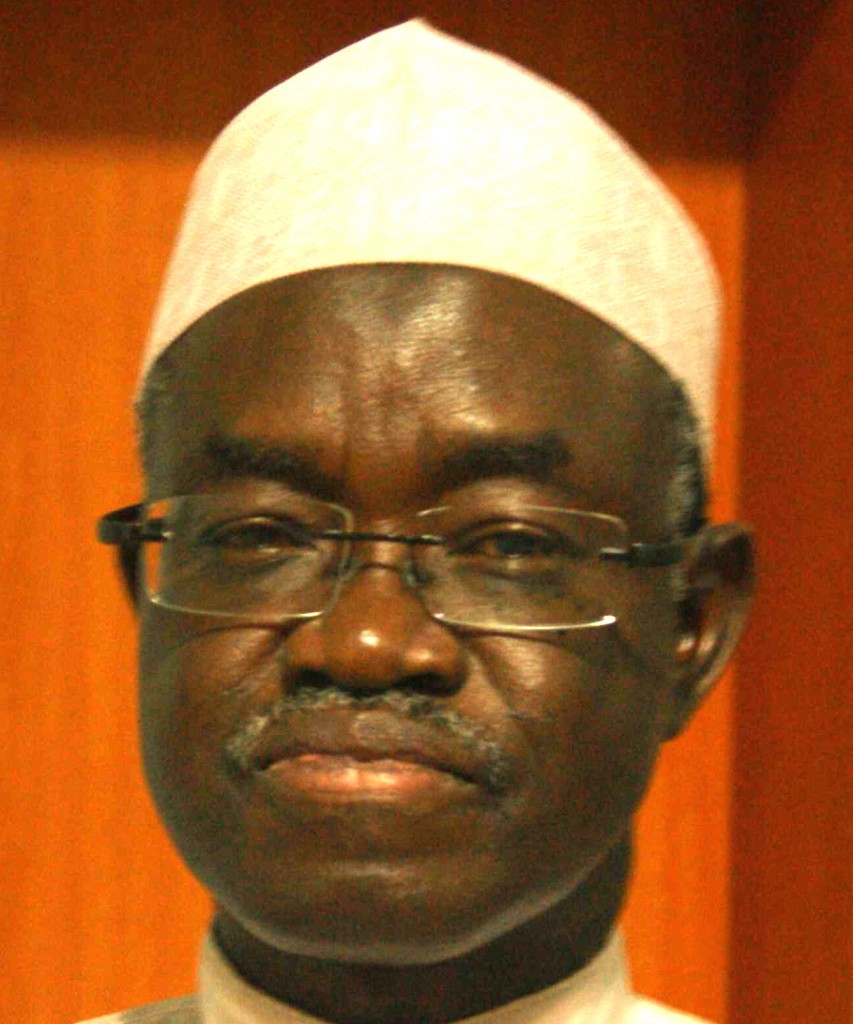
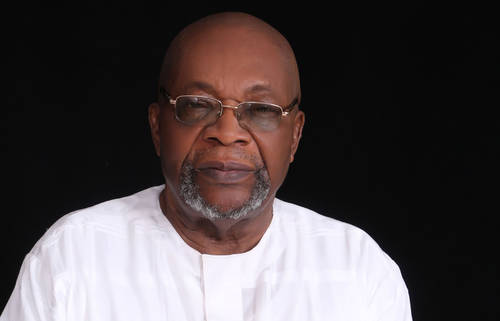
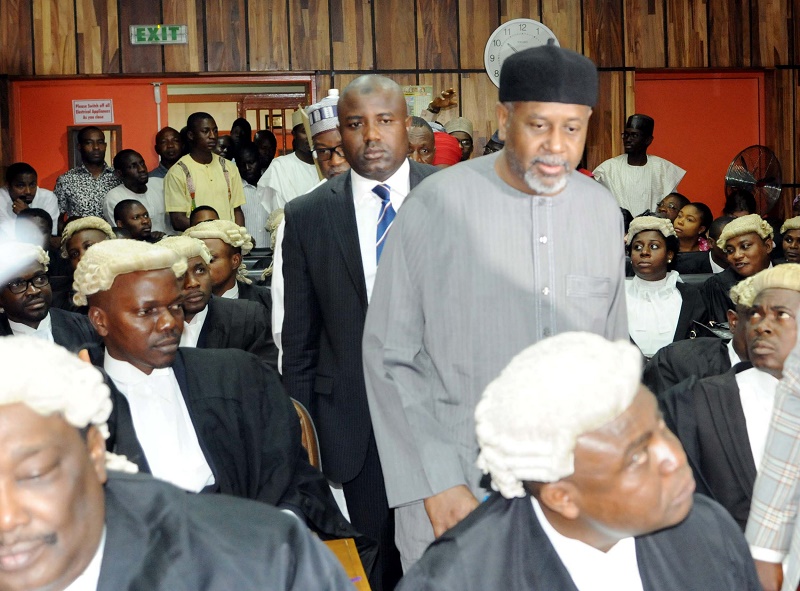
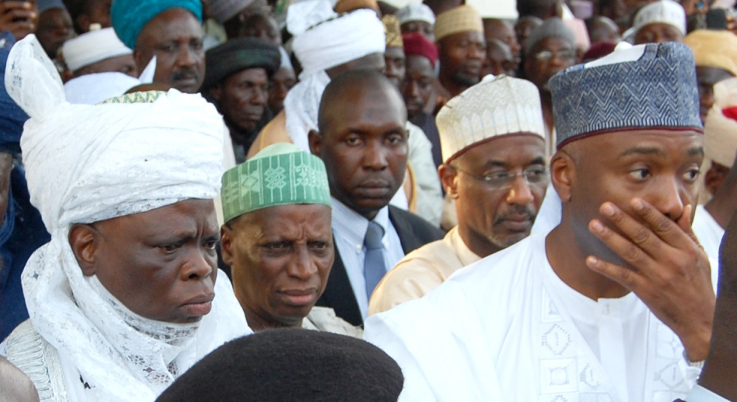
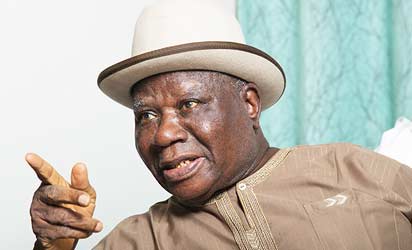
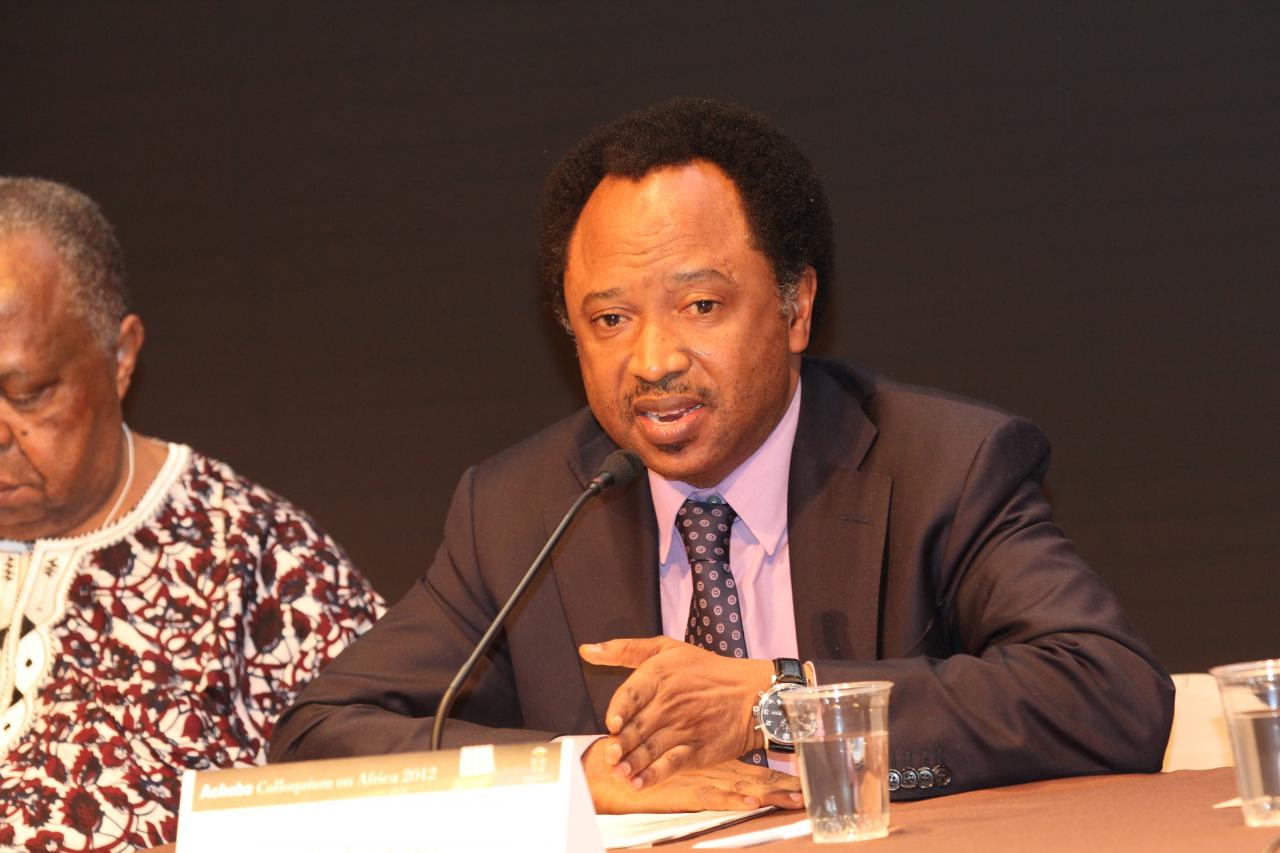
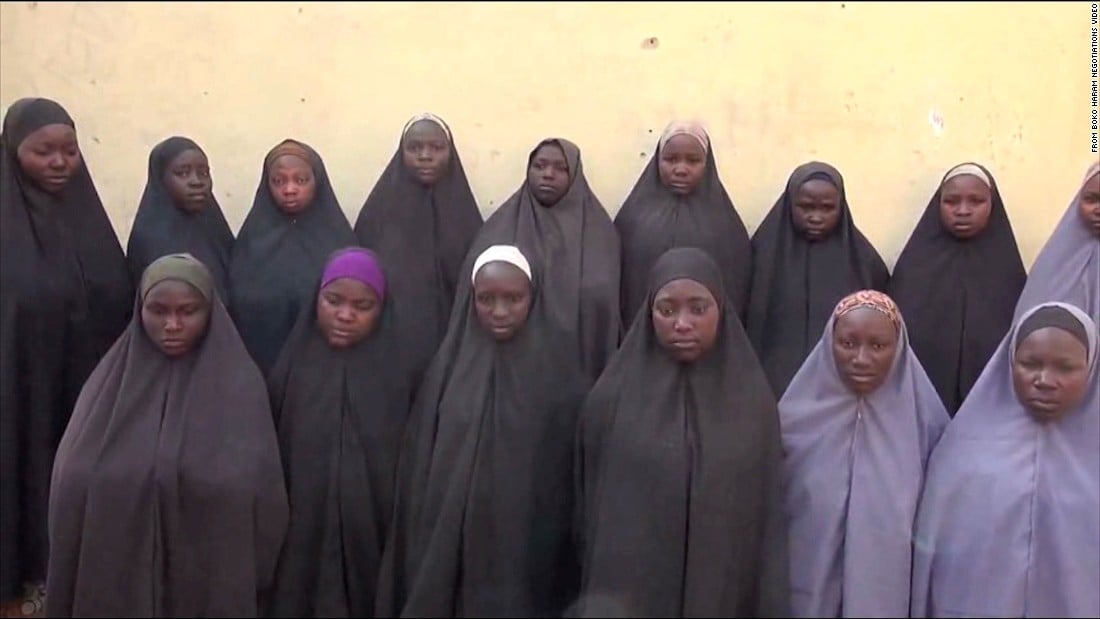
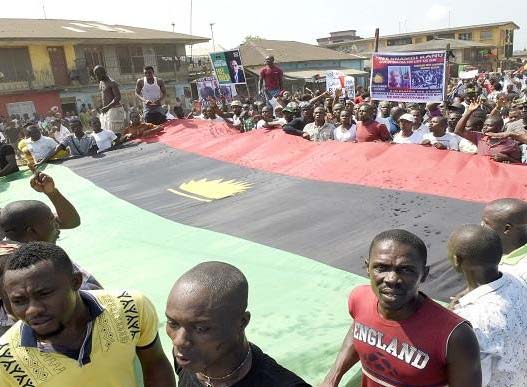
I am still waiting for the day you will write and condemn the killings by the fulani heardsmen and offer your condolences to the victims of such barbaric behaviour. The day you stop justifying the excesses of your killer northern brothers is the day I will begin to take you serious.